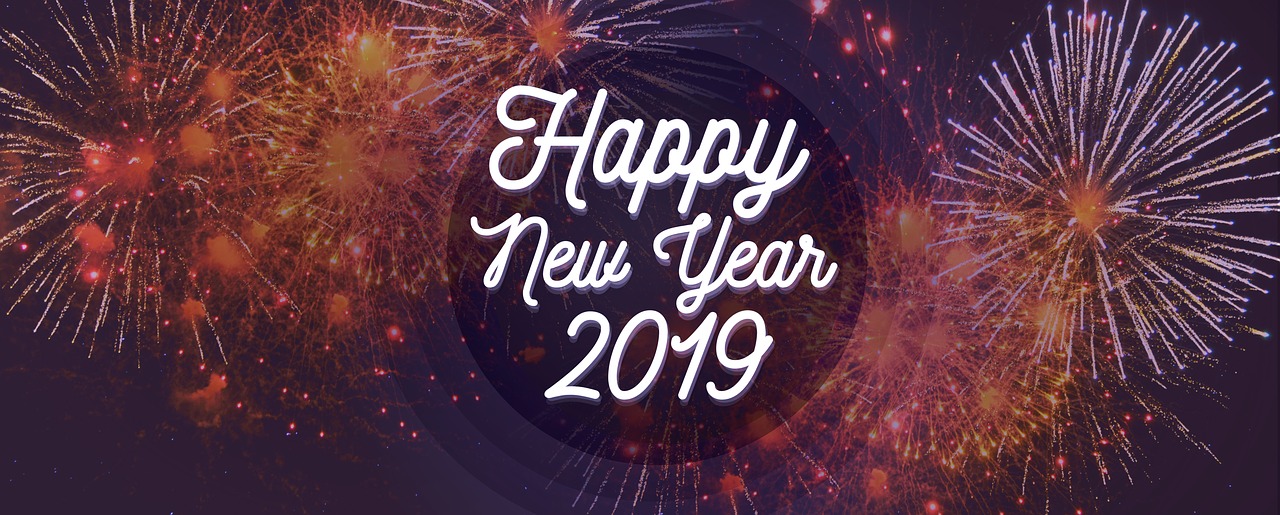 By Nicki Gilmour
By Nicki Gilmour
It is Women’s History Month and International Women’s Day this week (Friday 8th March, 2019) so tune in for hard hitting editorial on women’s advancement at work, like we do the other fifty weeks of the year also.
According to a new study published last month, women should be networking with other women as well as men if they want to land more prestigious and better paid jobs. This study of suggests women need a women-only inner circle and a larger, well-connected network generally. The study analyzed the peer networks and job placements of 728 students at leading university, representing two class years, from an MBA program in 2006 and 2007. All of the graduates landed leadership jobs, so the (well respected) researchers ranked the positions according to prestige and other factors. The subjects studied consisted of 542 were men and 186 women, which is roughly consistent with the researchers’ findings that women make up about a quarter of business school students nationwide. The conclusion being that a person’s network composition regarding gender split can predict the career success of women. Wired magazine broke down the study and talked to the study authors and interpreted the study with the main message being women and men who are connected to other well-connected peers across their social network do better. In addition, it is extrapolated that women thrive from “gender-specific private information and support.” And men do not need insider information to thrive and advance because, wait for it ‘work is built for them’. Words that interested me from the study’s lead author, Northwestern University data scientist, Brian Uzzi, he goes on to state,
“Quite frankly, most of the jobs are still male-dominated and therefore the kind of private information that’s so important to help women get ahead isn’t as important to men’s advancement,”
Despite Brain Uzzi being possible the leading network expert, a respected expert in social psychology with a very respectable body of work that no one can argue with and some really good advice, it is hard to accept that his conclusion from just final job outcome is the end of the story.
For me, it is very much the opening of the conversation around bias, gender stratification and gender roles, because people decide if the men and women of this study get hired and people negotiate offers for salaries. That is to say, a man and a woman could have made the same connection at the same networking mixer, but the man got hired.
But, if we take this study at face value, then we can conclude that this is not new news as we know women have to work twice as hard at networking just as they do with other areas.
Uzzi shares his opinion on how he feels women should behave via his interpretation only of the results,
“When it comes to networking, women need two things and men only need one, so for every one contact a man makes, a woman has to split her time between the contact that’s going to give her market information and the contact who’s going to give her private information. If you’ve got to split the time between the two, you’ve got to be very smart about the kinds of choices you make.”
It is not a revelation that women have to work harder or are given less credibility for the same thing, or are dinged for same traits. Nor is it a shock to most of you that you do get the scoop from other women, because it could be friendship or a deeper phenomenon involving “out group” dynamics. Call it what you will, because what is real that we pay the same money for those MBAs so we need a way to ensure we get the same Return on Investment as literally the next guy. And for the love of golf, do not ask us to play unless you want to and even then, you are not one of them.
A step backwards?
What this research does not talk about is what men can do to prevent women from having to make choices. You can be a good man yet not be a man who advocates for women to have equal pathways to success.
Then, #metoo comes along with the shouts of “not all men” which of course is entirely valid because we all know some really great caring men who understand consent and respect and where the lines of proper behavior lie. The problem with the “not all men” chant is that it can silence the nuance of useful conservation around “although you do not, but by virtue of a legacy power structure you probably could be you were inclined to, therefore how do we ensure the bad guys are stopped by a new structure so you do not ever have to feel lumped in with them, because you are in fact part of the solution”. Instead, out of fear many men have taken a step back from interacting with women at work. Not helpful. Just actually more indulgent of a privilege to withdraw of a historically dominant group instead of facing the work that has to be done. Some people do not have that privilege to say no without consequence.
Networking past the biases and fear
Most networking information is entirely based on men networking with men with male examples given as an argument for basing your connection on hobbies and passions. Herminia Ibarra’s work clearly delineates the differences between personal, operational and strategic networks and is worth a read.
In this era of strong gender roles still being perpetuated by most people, men and women alike (granted glimpses of hope around understanding the negative effects on boys as well as girls of the patriarchy and toxic masculinity), it no shock that men continue to network with each other in the way they have always known how, excited primal physical arousal states usually with sports and competition. Which is why we have to believe there are physiological differences without believing we are beholden to them. We all have the ability to disrupt our cognitive process with a behavior change. That goes for women too. Start with your own biases. How much do you do love the patriarchy? Odd question you might think, but really look at to what extent do you favor men and boy’s needs over those of women and girls? This question is not about whether you like men or whether you believe in raising strong daughters or whether your husband does the dishes. It is a question about your own value sets, deep, intrinsic ones that are probably buried in your unconscious and then how that affects your conscious and unconscious behaviors.
Why do you go to women for information and perhaps comfort but not for promotion, stretch projects and general greatness? Why do men get immediate credibility and do you give it freely while in parallel asking women to prove themselves?
As we enter the hoopla, ceremony and celebration of International Women’s Day, the question to ask yourself is where are you on this spectrum of consciously and unconsciously endorsing for men because they are men, because it’s a spectrum we are all on.


 By Nicki Gilmour
By Nicki Gilmour